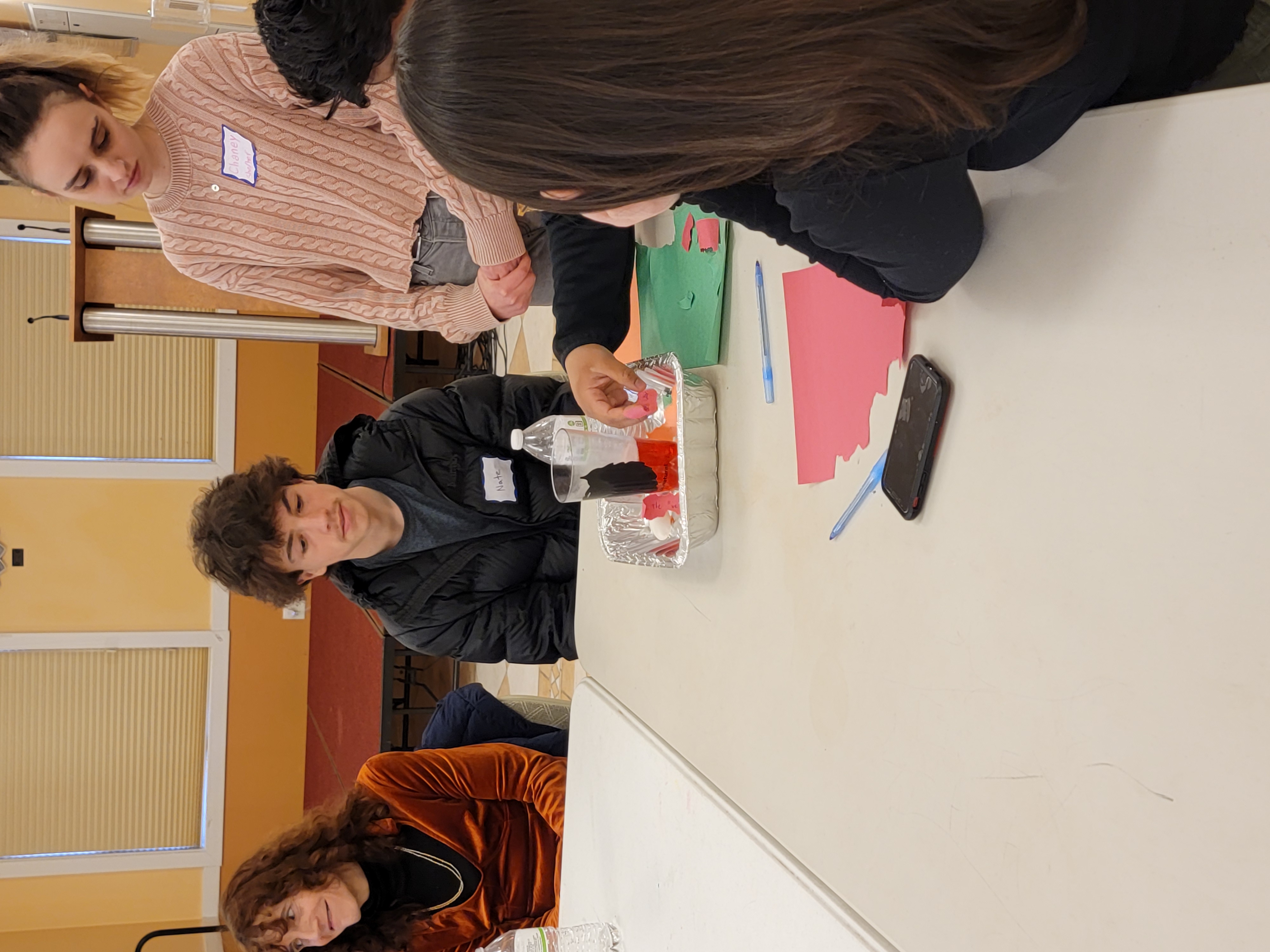Circles of Action
The following report outlines the activities and outcomes of the Circles of Action program with a specific focus on interfaith relationships and collaborative efforts to identify areas of systemic inequities and take action. The program aimed to foster understanding, collaboration, and collective action among participants from diverse religious backgrounds. Key Objectives: Facilitate dialogue and collaboration among participants from different faith traditions. Identify areas of systemic inequities within our community. Develop strategies and action plans to address these inequities collectively. Activities: Interfaith Dialogues: The program kicked off with interfaith dialogues where participants shared their religious beliefs, values, and perspectives on social justice issues. These dialogues created a foundation of mutual respect and understanding among participants. Workshops on Systemic Inequities: Workshops were conducted to educate participants about various systemic inequities prevalent in our society, including but not limited to housing discrimination, educational disparities, and healthcare access issues. These sessions encouraged critical thinking and analysis of root causes. Collaborative Action Planning: Participants worked together to identify specific areas of systemic inequities that intersected with their respective faith values and principles. They then developed action plans to address these issues, leveraging their collective resources and networks. Outcomes: Enhanced Interfaith Understanding: Participants reported increased empathy and understanding towards people of different faith backgrounds. They developed meaningful relationships built on trust and mutual respect. Identification of Key Issues: Through collaborative discussions, participants identified several key areas of systemic inequities, such as discrimination against marginalized religious communities, lack of interfaith representation in decision-making processes, and religious-based hate crimes. Action Plans: Participants formulated actionable plans to address these issues, including advocacy campaigns, interfaith service projects, and community education initiatives. These plans were designed to promote inclusivity, equity, and social justice within our community. Next Steps: Moving forward, it is essential to continue nurturing interfaith relationships and supporting collaborative efforts to address systemic inequities. This includes ongoing dialogue, capacity building, and resource mobilization to sustain momentum and drive meaningful change. Conclusion: The Circles of Action program with a focus on interfaith relationships has successfully brought together participants from diverse religious backgrounds to identify and address systemic inequities collectively. By fostering understanding, collaboration, and action, the program has contributed to building a more inclusive and just society.



